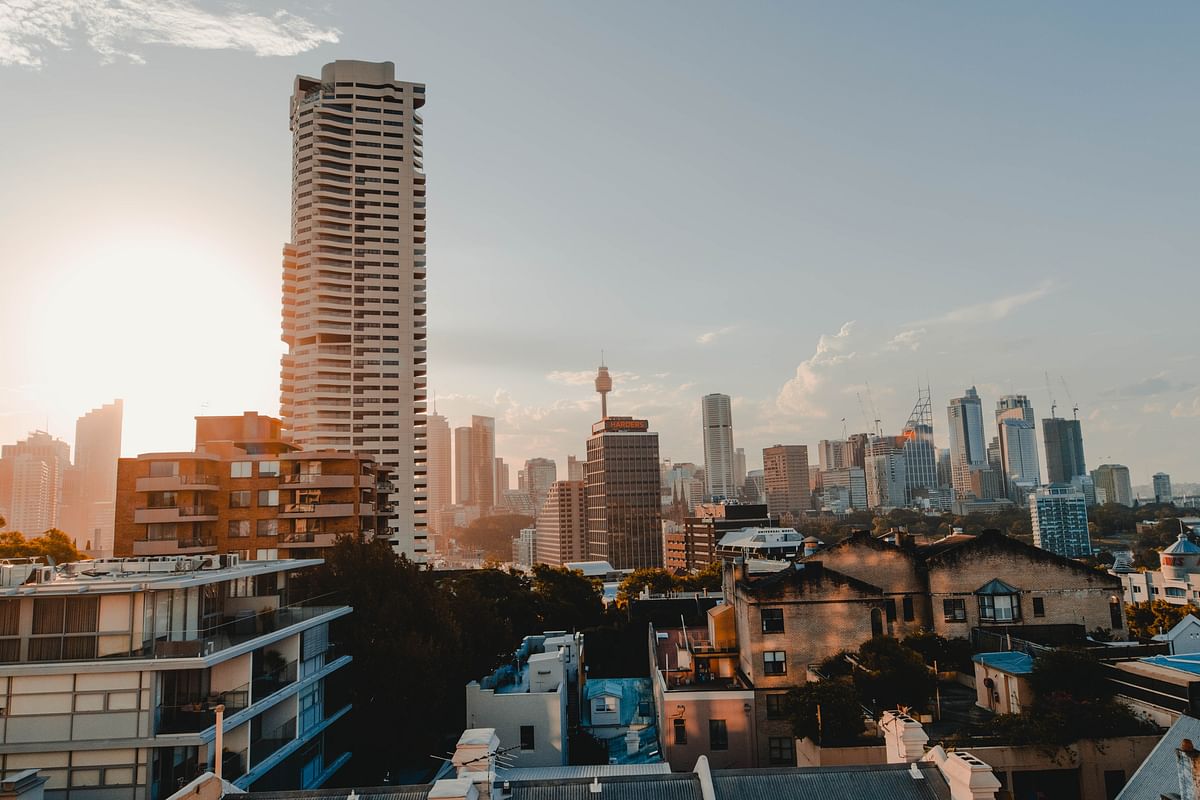[ad_1]
The government’s recent overseas investment guidelines are a positive step for individuals looking to invest more in foreign markets, as the regulations have significantly liberalised rules to make investments through corporate structures in India, according to experts.
The consolidated rules notified by the Finance Ministry spell out the numerical limits between overseas direct investment and overseas portfolio investment, round-tripping, the details around the acquisition of foreign securities, and the bounds of gifts, among other things.
Here’s what has changed for individuals:
Investment Threshold
An overseas investment by any Indian becomes an ODI as per the new guidelines if the minimum threshold of an ODI in a listed company is 10% or more. It can also become an ODI, if the investment is with “control” or when subscribed as a part of the memorandum of association of a foreign entity.
“Control” means the right to appoint majority of the directors, management control, 10% or more voting rights, etc.
Anything below 10% and without “control” becomes an OPI.
“To put it in simple terms, if an individual wants to hold equity in an overseas listed company, they can freely do it as long as it is below 10%. Anything more than that will require Reserve Bank of India approval,” Hemal Mehta, partner, Deloitte India told BQ Prime.
In the case of equity in an unlisted company, even one share would be considered as an overseas direct investment, said Bhavin Shah, deals leader at PwC India.
Round-Tripping
Contours of round tripping have also been spelled out where up to two layers of subsidiaries do not require RBI approval.
Round tripping is when a resident individual or Indian entity invests in a foreign entity that already has a direct or indirect investment in India.
Two layers would mean when an individual or entity ‘A’ can invest in a foreign subsidiary ‘B’, this becomes the first layer. The second layer would be when the subsidiary ‘B’ in turn invests in India, Mehta explained.
[ad_2]
Image and article originally from www.bqprime.com. Read the original article here.

